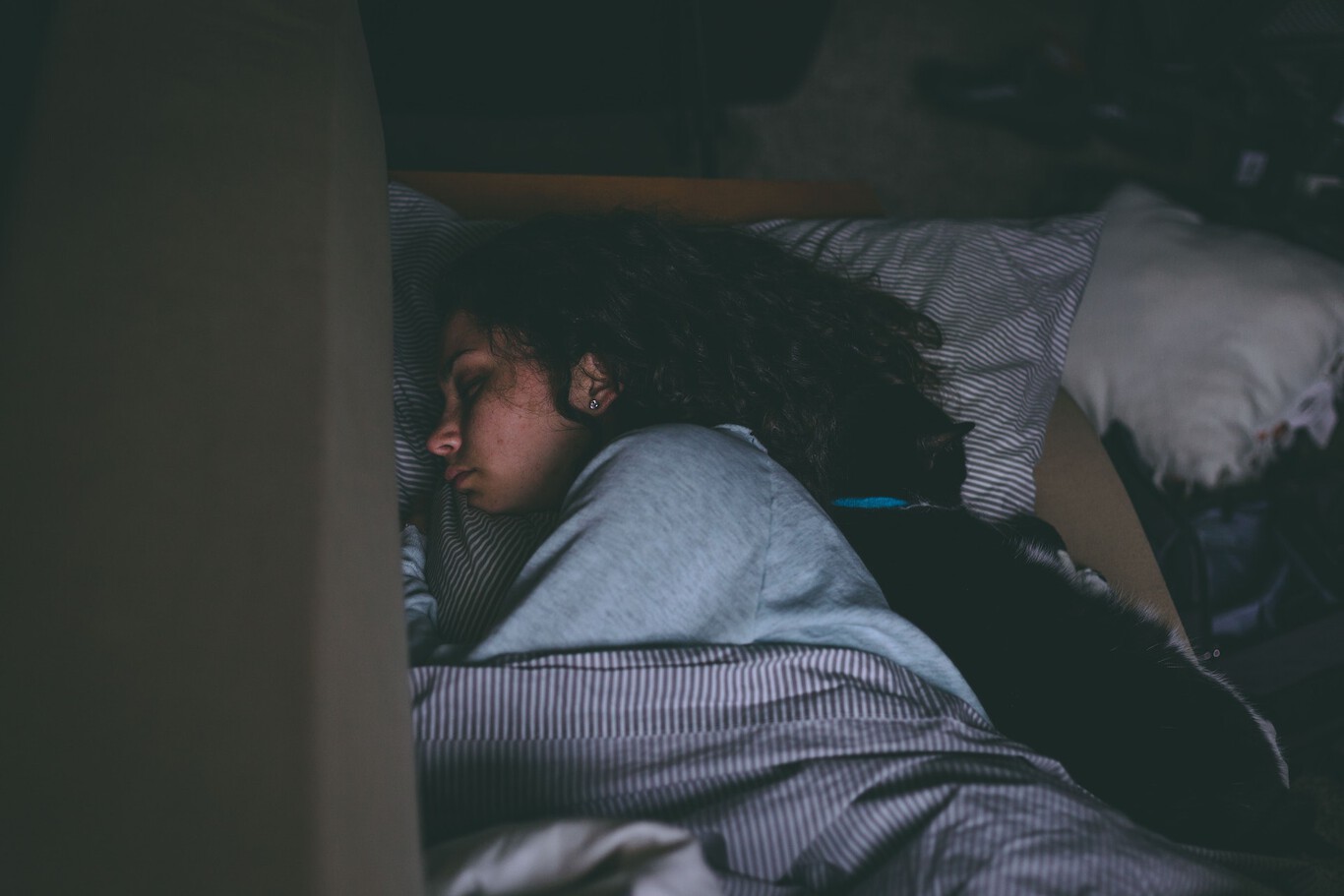
Melatonin supplements have become a remedy against sleep problems in the country that consumes the most benzodiazepines, Spain. These remedies have fewer side effects than other alternatives, are easy to purchase, and are perceived as more natural alternatives. Of course, there are always nuances that should be clarified.
What exactly is melatonin? Melatonin is a hormone closely linked to our sleep-wake cycles. Our brain naturally secretes this hormone based mainly on the light it perceives, specifically waiting for our environment to darken to secrete it.
Although our body segregates it naturally, numerous supplements of this hormone are available to us. Their general goal is to help us sleep, but sleep problems are diverse, and these supplements may help us better in some circumstances.
What is it for, and what is it not for? The main function of melatonin is to regulate sleep cycles. That is why supplements can help us when our sleep problems are caused by disturbances in our cycle, such as jet lag or jet lag, or the delayed sleep phase, that is, people whose sleep cycle tends to be delayed.
These supplements are also used to help people with difficulty naturally secreting the hormone. There are two specific cases in which this is common: on the one hand, older people, since our ability to produce this hormone often changes with age; and blind people, since the cycle of this hormone, depends a lot on the light that we can perceive.
Melatonin, however, is not a remedy for insomnia. Although it can help us fall asleep earlier, scientific evidence on its ability to prolong our sleep time is limited.
Side effects. Like any medication, melatonin supplements are not necessarily safe, although their potential side effects are mild. These products’ most common side effects are headache, dizziness, nausea, and daytime sleepiness. Other rarer side effects include vivid dreams or nightmares, short-term depression, irritability, constipation, and diarrhea.
They can also interact with the consumption of other medications such as anticoagulants; contraceptives; immunosuppressants; medications for seizures, high blood pressure, and diabetes; and those that break down in the liver.
If melatonin is sold without a prescription, the health authorities do not consider close monitoring necessary as in the case of other treatments. The few side effects of these supplements are one reason. For example, the Mayo Clinic lists melatonin as a “safe” substance. Despite this, it is recommended to consult with professionals about consuming these supplements when suffering from any disease or taking other medications.
Sleeping medications. The high demand for solutions for better sleep implies that we have numerous products on the market designed to help us ( and more and more ). Many of them require medical supervision, and therefore “prescription”, due to their associated risks, but there are many alternatives for those whose problem is milder. Melatonin is just one of them.
Antihistamines are one of the most popular. Antihistamines are medications whose function is to alleviate the effects of allergies, but they can cause drowsiness as a side effect. Antihistamines have two main drawbacks: the first is that they can make us tired the next day, and the second is that we can quickly develop a tolerance to them. That is why they are useful only if used for short periods.
Remedies based on medicinal plants. Many of our insomnia problems stem from our everyday anxieties. That is why many techniques to fall asleep earlier are simple relaxation techniques. Plants like valerian can help you fall asleep in certain cases. The passion flower or California poppy are other plants used for the same purpose.
Not all remedies are from a pharmacy. You are trying to improve your sleep quality (or at least quantity). Making small changes in our daily habits can help too.
The first is to avoid screens in the last hours of the day. Our biological clock relies heavily on this factor to tell us when to sleep and wake up. Screens, whether television or mobile, can confuse our brains and inhibit melatonin secretion.
It is also convenient to avoid substances that alter our state, such as coffee, alcohol, and tobacco. Other habits that can help us are playing sports (although not in the hours before going to bed) and maintaining stable schedules.

Sharlene Meriel is an avid gamer with a knack for technology. He has been writing about the latest technologies for the past 5 years. His contribution in technology journalism has been noteworthy. He is also a day trader with interest in the Forex market.











